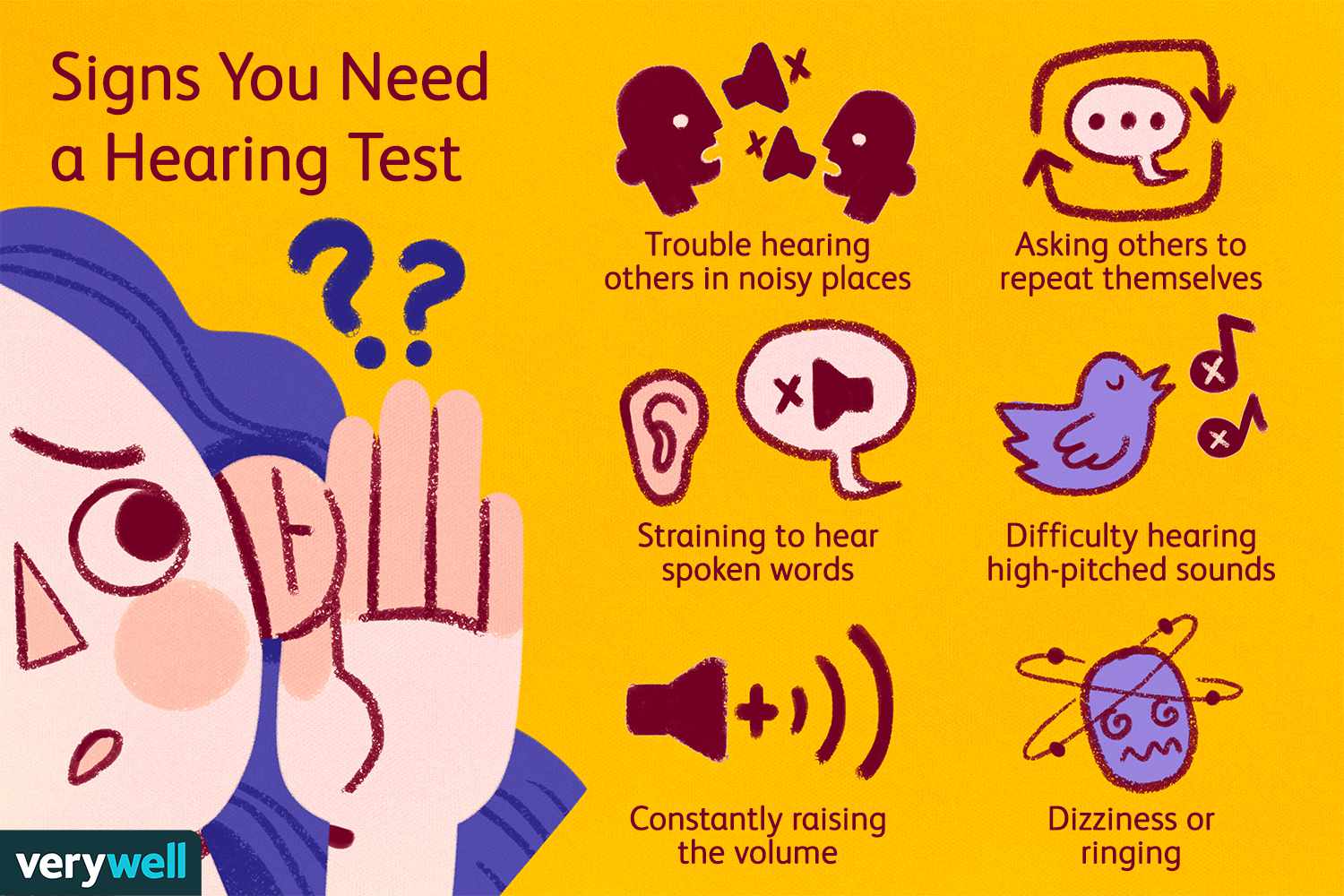Hearing Loss Test
Hearing loss is a common problem that often develops with age or is caused by repeated exposure to loud noises.
Action on Hearing Loss estimates that there are more than 10 million (about 1 in 6) people in the UK with some degree of hearing impairment or deafness.
Hearing loss can occur suddenly, but usually develops gradually. General signs of hearing loss can include:
- Difficulty hearing other people clearly and misunderstanding what they say.
- Asking people to repeat themselves.
- Listening to music or watching television with the volume turned up higher than other people require.
Overview
Over 5% of the world’s population – or 430 million people – require rehabilitation to address their disabling hearing loss (432 million adults and 34 million children). It is estimated that by 2050 over 700 million people – or 1 in every 10 people – will have disabling hearing loss.
‘Disabling’ hearing loss refers to hearing loss greater than 35 decibels (dB) in the better hearing ear. Nearly 80% of people with disabling hearing loss live in low- and middle-income countries. The prevalence of hearing loss increases with age, among those older than 60 years, over 25% are affected by disabling hearing loss.
Hearing loss and deafness
A person who is not able to hear as well as someone with normal hearing – hearing thresholds of 20 dB or better in both ears – is said to have hearing loss. Hearing loss may be mild, moderate, severe, or profound. It can affect one ear or both ears and leads to difficulty in hearing conversational speech or loud sounds.
'Hard of hearing' refers to people with hearing loss ranging from mild to severe. People who are hard of hearing usually communicate through spoken language and can benefit from hearing aids, cochlear implants, and other assistive devices as well as captioning.
'Deaf' people mostly have profound hearing loss, which implies very little or no hearing. They often use sign language for communication.

Causes of hearing loss and deafness
Although these factors can be encountered at different periods across the life span, individuals are most susceptible to their effects during critical periods in life.
Prenatal period
- genetic factors including hereditary and non-hereditary hearing loss
- intrauterine infections – such as rubella and cytomegalovirus infection.
Perinatal period
- birth asphyxia (a lack of oxygen at the time of birth
- hyperbilirubinemia (severe jaundice in the neonatal period)
- low-birth weight
- other perinatal morbidities and their management.
Childhood and adolescence
- chronic ear infections (chronic suppurative otitis media)
- collection of fluid in the ear (chronic nonsuppurative otitis media)
- meningitis and other infections.
Tests to diagnose hearing loss may include:
Physical exam.
A health care provider looks in your ear for possible causes of your hearing loss, such as earwax or an infection. The way your ear is formed might cause hearing problems, as well.
Screening tests.
A whisper test, which involves covering one ear at a time while listening to words spoken at many volumes, can show how you react to other sounds.
App-based hearing tests.
You can use a mobile app on your tablet to screen yourself for hearing loss.
Tuning fork tests.
Tuning forks are two-pronged, metal instruments that make sounds when hit. Simple tests with tuning forks can help find hearing loss. They may also show where the ear damage is.
Audiometer tests
A specialist in hearing loss, known as an audiologist, does these more-thorough tests. Sounds and words are directed through earphones to each ear. Each tone is repeated at low levels to find the quietest sound you can hear.
We have the facility of Hearing Loss Test ,For consultation and treatment,
Contact Us:
33/29, Lowther Road George Town
Prayagraj, Near Sarodaya ENT Center
Phone: 7704889513, 9451889513
 help
help
